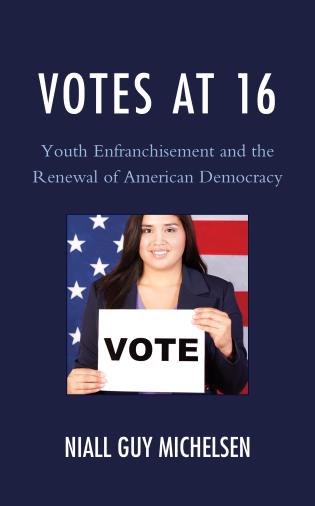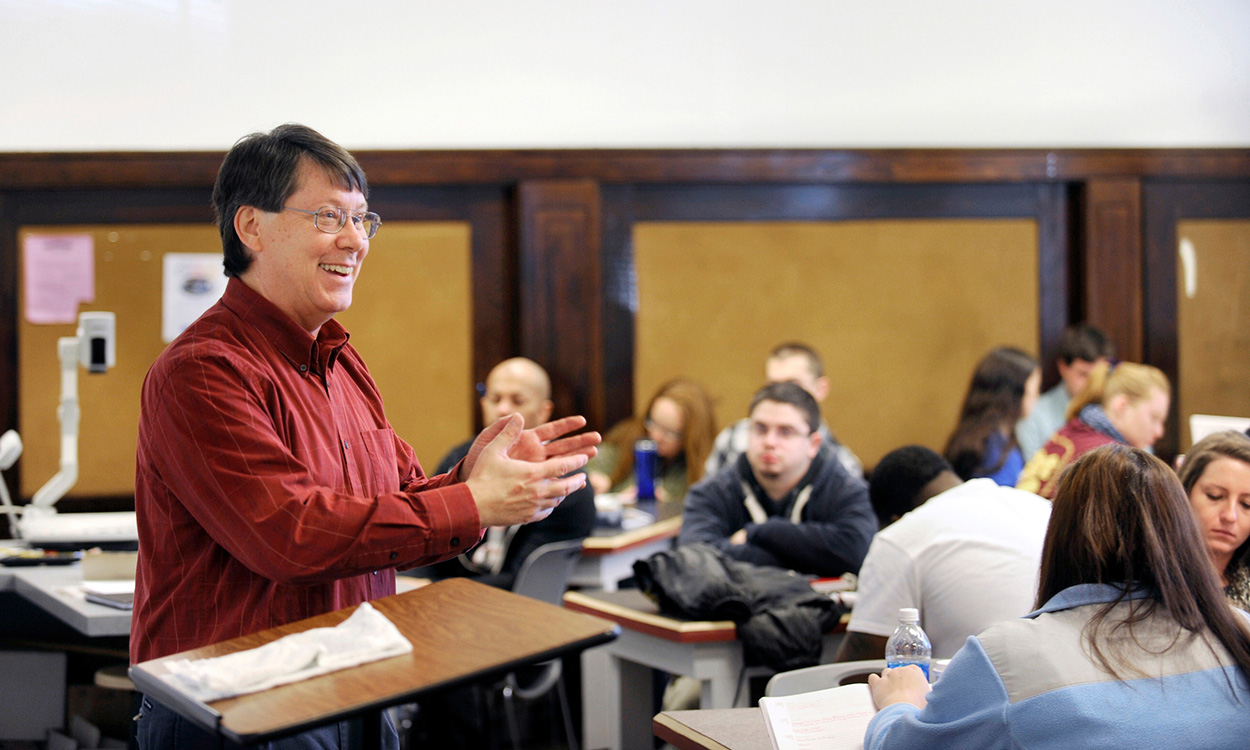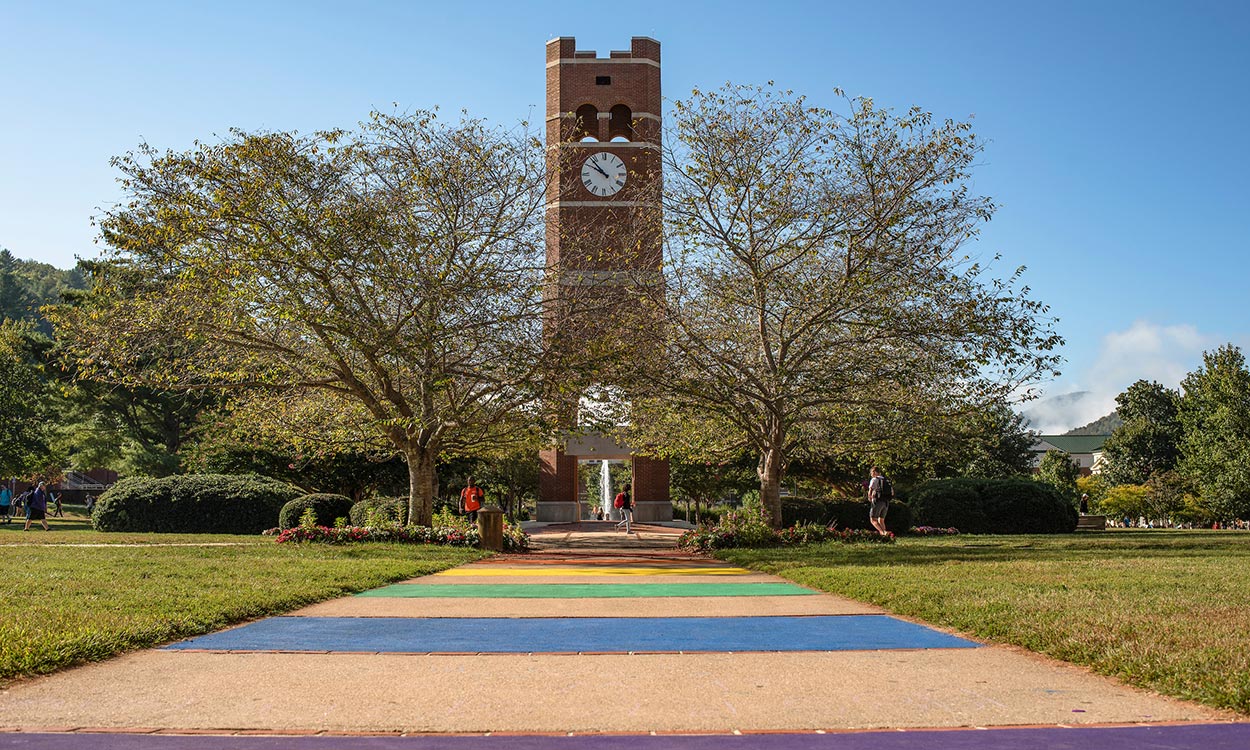New book suggests lowering the voting age nationally to 16
Nialls Michelsen
Could voter engagement and democracy be better served with a younger voting age? That question is explored in a new book, “Votes at 16: Youth Enfranchisement and the Renewal of American Democracy” by Niall Michelsen, associate professor of political science and public affairs at Western Carolina University.
The book comes in wake of a contentious election cycle and political upheaval, with unsubstantiated claims of voter fraud and vote tampering. Political institutions are under intense criticism.
“Increasing voter turnout will make the American electorate more representative of the country and add needed voices to political debates,” said Michelsen. “The timing of the book’s publication coincides well with current events and should add to the discussion. At a time when citizens despair of their political system is exactly when we should consider options to improve its functioning.”

Many changes to voter requirements have occurred since George Washington won the presidential office in 1789. In 1971, the age requirement was dropped from 21 to 18 years of age with the 26th Amendment. It may be time to lower it once again, Michelsen said.
Michelsen analyzed the nature of voting habits and concluded that too many citizens start their adult lives as non-voters and become habitual non-voters as a result. Using voter turnout data and demographics, he writes that lowering the voting age to 16 would help both college-attending and non-college-attending young adults develop voting habits and raise voter turnout.
“By being allowed to vote at a younger age, a generational shift would occur,” he said. “The book elaborates on that aspect and examines the beginnings of civic involvement and education. A lifelong commitment to participatory democracy should start sooner rather than later.”
The book can be purchased directly from Lexington Books at https://rowman.com/ISBN/9781793611420/Votes-at-16-Youth-Enfranchisement-and-the-Renewal-of-American-Democracy.


